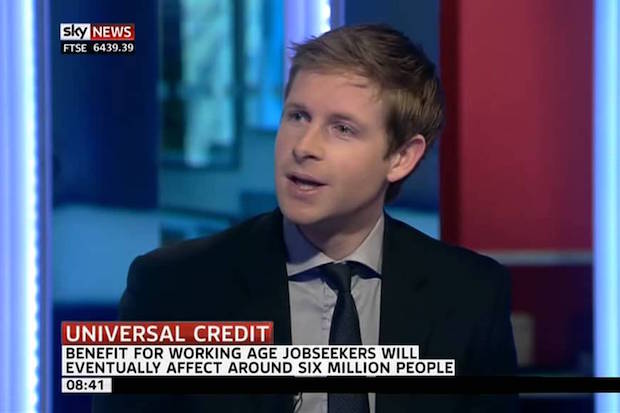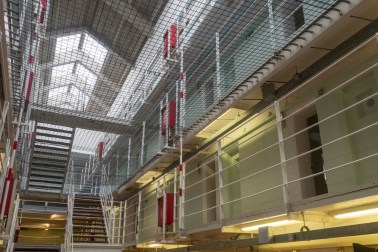What will David Cameron do with his final few years in power? On election night, he said he wanted his party ‘to reclaim a mantle that we should never have lost: the mantle of one nation’. This raised the prospect of Cameron trying to succeed where so many of his predecessors failed: in making it clear that conservatism actually delivers the fairness, the poverty reduction and the social cohesion that Labour can only talk about.
Cameron has spoken about this agenda over the years, but there’s seldom much of a follow-up – raising questions about how serious he actually is. But today, we seen a signal of harder intent: he has hired Christian Guy, the director of the Centre for Social Justice, as an adviser. I sit on the CSJ’s advisory board and could not think more highly of Christian, or his colleagues at the CSJ. It’s a powerhouse of ideas adopted by the government – from universal credit to what is now the Modern Slavery Act. It now seems that Cameron can’t wait for the next CSJ proposal to come out, so has poached its director.
The CSJ is doing in Britain what Arthur Brooks is doing with the American Enterprise Institute in the US; taking a hard look at the social problems, and moving beyond the shallow monetary analysis that so many thinkers on the left seem unable to move beyond. The CSJ isn’t party political; much of its agenda is a continuation of the work conducted by the Blair-era reformers – but nowadays, it seems only the Conservatives are interested in that. But Conservatives need to make this point, forcefully and repeatedly. I’ve long regarded this as a structural weakness in the British Conservative Party; it doesn’t spend enough time holding Labour to account over its record on poverty, worklessness and family breakdown.
Cameron has tied to correct this. Iain Duncan Smith, who founded the CSJ, was reappointed after the election and is losing no time completing the welfare reform which has helped Britain create more jobs than the rest of Europe put together. Phillipa Stroud, one of Christian’s predecessors, was at No.10 and the Department for Work & Pensions before the last election. They had a pretty good record on working with troubled families and drug addicts, but were rather bad at making this point. At times, it seems even Tories don’t think Tories should be talking about social justice.
William Buckley famously defined a conservative as ‘someone who stands athwart history, yelling ‘stop!’ at a time when no one is inclined to do so’. There have been times when this was the right thing to do, but we’re now living in times for Tories to be radical – to tear apart a failed welfare system that had failed the poor and succeeded in creating the most expensive poverty in the world. And on a party political basis, as Labour implodes, the Tories need more than ever to demonstrate that they are the true champions of social justice.
Christian Guy will join Rachel Wolf, who set up the New Schools Network and Camilla Cavendish, who runs Cameron’s policy unit. None of these three are party hacks hoping for a safe seat; all are intelligent, motivated and effective with a track record in getting things done. All of a sudden, No10 is starting to look as if it might actually matter.
During the coalition years, No10 was more of a marriage guidance centre than a power base. Now, under majority Conservative government, it might actually be able to do what it’s supposed to do: attract the best talent, come up with good ideas and deliver them. Here’s hoping.







Comments